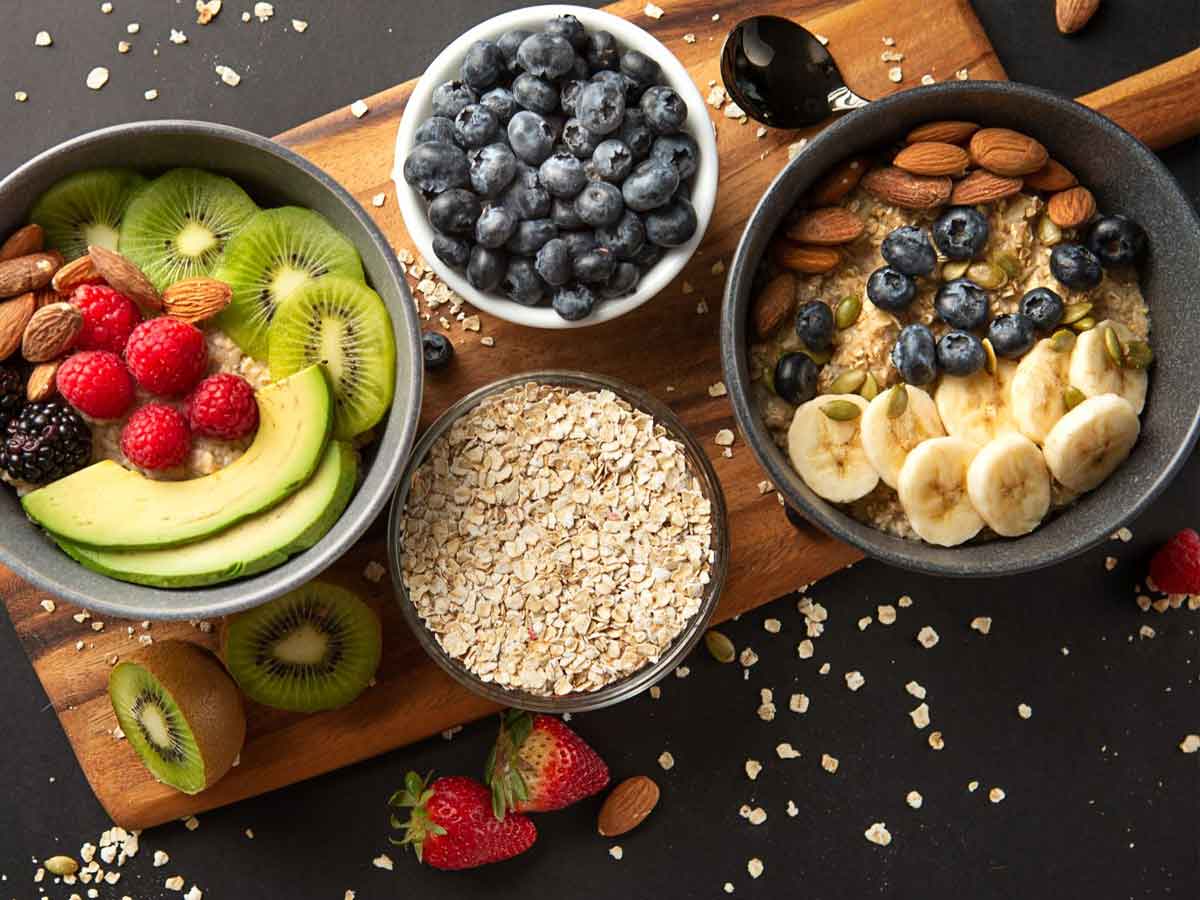The largest blood vessels in your body, your arteries are vital for providing oxygen and nourishment to all of your body’s tissues, cells, and organs. Therefore, it would be an understatement to say that maintaining these essential channels in optimal condition is crucial for your well-being.
However, unhealthy arteries are a problem for millions of Americans. They suffer from an inflammatory ailment known as atherosclerosis, in which plaques—fatty deposits made of cholesterol and other substances—accumulate inside arteries, obstructing normal blood flow and raising the risk of heart disease, heart attacks, and stroke. According to some estimates, atherosclerosis is the primary underlying cause of strokes and Alzheimer’s disease, and it accounts for 50% of all deaths in Westernised society.
The good news is that you can take a number of dietary measures to lower your risk of atherosclerosis and even reverse the effects of pre-existing plaque buildup.
Flax Seeds
Together with fibre and plant-based antioxidants known as lignans, flax seeds are a good source of plant-based omega-3s, or alpha-linolenic acid, which have anti-inflammatory properties. Frequent consumption of flaxseed has been linked to lower insulin and blood sugar levels as well as better insulin sensitivity in prediabetic overweight and obese people. Furthermore, early animal research indicates that consuming flax on a regular basis may help stop the development of atherosclerotic plaques.
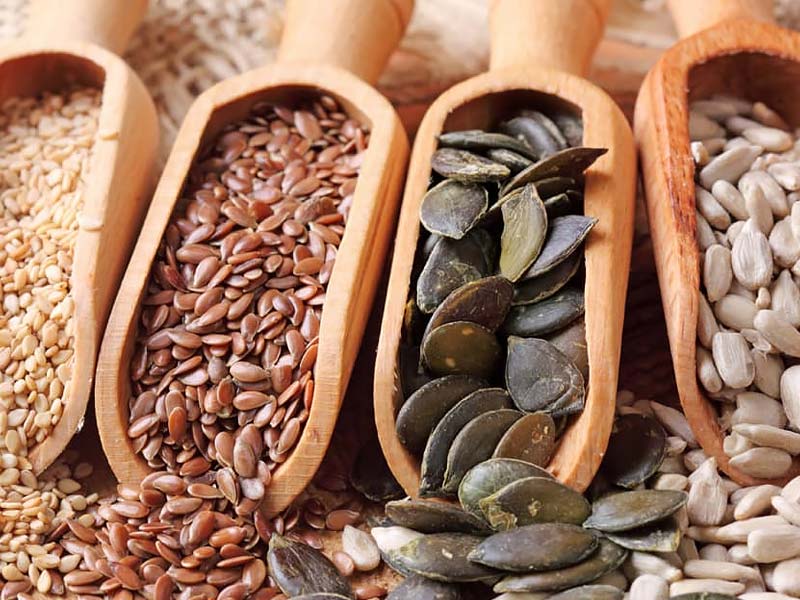
Just remember that whole flax seeds don’t break down completely during digestion, so grind them up and store them in the refrigerator to get the full benefits.
Berries
In terms of arterial health, blackberries, blueberries, raspberries, and strawberries are highly potent. Rich in polyphenolic compounds like quercetin and anthocyanins, these richly coloured fruits have potent anti-inflammatory and antioxidant properties. Berries contain compounds that, when combined with a healthy dose of fibre, have been shown to improve blood pressure, blood sugar regulation, and LDL cholesterol levels, all of which contribute to the maintenance of healthy and clear arteries.
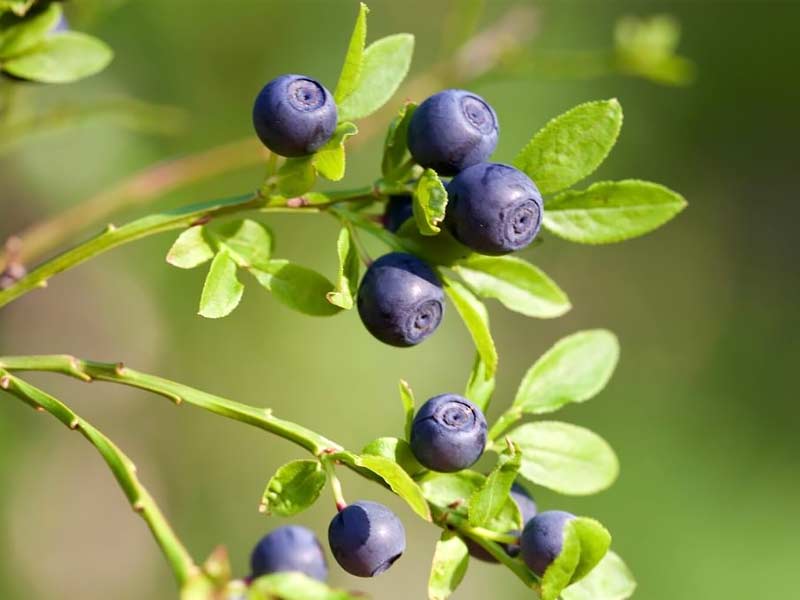
Berries have a low glycemic index, meaning they don’t tend to cause a blood sugar spike, which makes them a particularly good option for regular consumption when compared to other fruits like grapes, oranges, and apples, which are high in fructose.
Olive oil
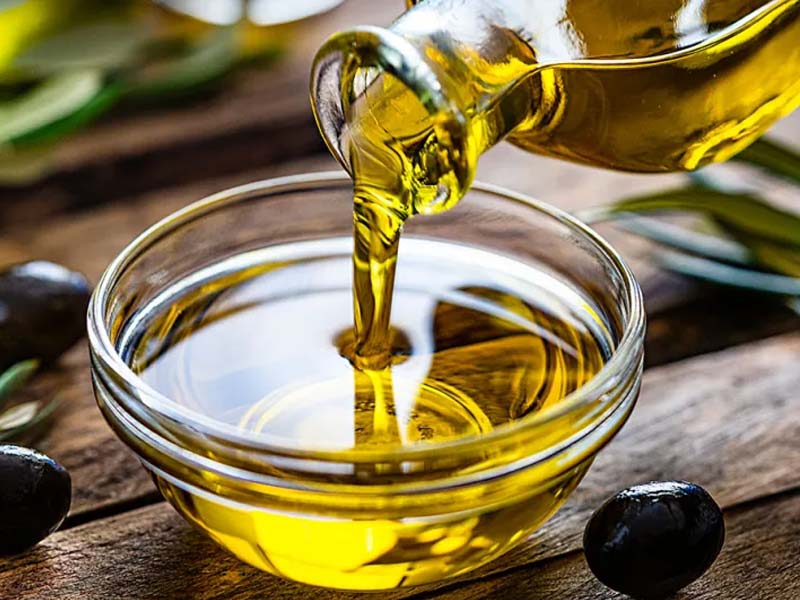
A higher olive oil intake is linked to a lower risk of cardiovascular events like heart attacks and strokes as well as death. What makes olive oil unique? It’s a great source of antioxidant polyphenol compounds and monounsaturated fatty acids (MUFAs). Excess virgin olive oil’s polyphenols help lower inflammation, reduce platelet aggregation, prevent LDL oxidation, and lower blood pressure. Research has also shown that diets high in MUFAs are linked to decreased “bad” LDL cholesterol and increased “good” HDL cholesterol.
Also read: 5 incredible herbs that promote Eyesight
Avocado
Avocados have two benefits for clearing your arteries. Avocados, like olive oil, are a great source of MUFAs that optimise cholesterol and stabilise blood sugar. However, with 6.5 grammes of fibre per half avocado, they are also an incredibly good source of fibre. Additionally, a recent study discovered a link between daily avocado consumption and lower LDL cholesterol.

You shouldn’t be concerned about the saturated fat content of avocados, despite the fact that some people are hesitant to eat them, according to Dr. Brewer. Consuming saturated fat may raise LDL cholesterol, but usually only the larger, “bouncier” LDL particles—which are less likely than the smaller, denser LDL particles to adhere to arterial walls and cause damage. Furthermore, the majority of recent research has found no advantageous
Cruciferous Vegetables
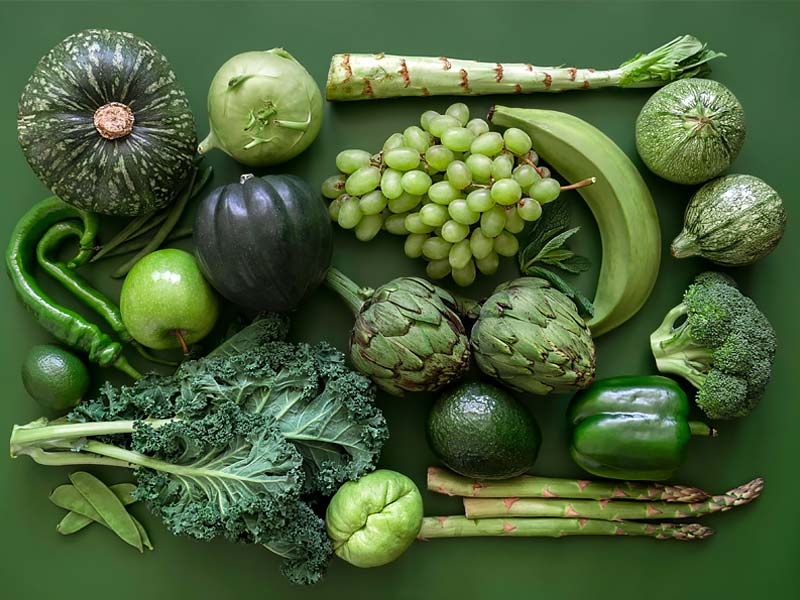
Cruciferous vegetables, which include broccoli, cauliflower, Brussels sprouts, rocket and cabbage, have organosulfur compounds similar to those found in allium vegetables and may lower your risk of dying from atherosclerosis. Furthermore, eating cruciferous vegetables in particular has been linked to thinner and healthier carotid artery walls (thick artery walls, on the other hand, are a marker of atherosclerosis). This is true for all vegetables. Cruciferous vegetables also contain fibre, which lowers cholesterol and stabilises blood sugar.





















